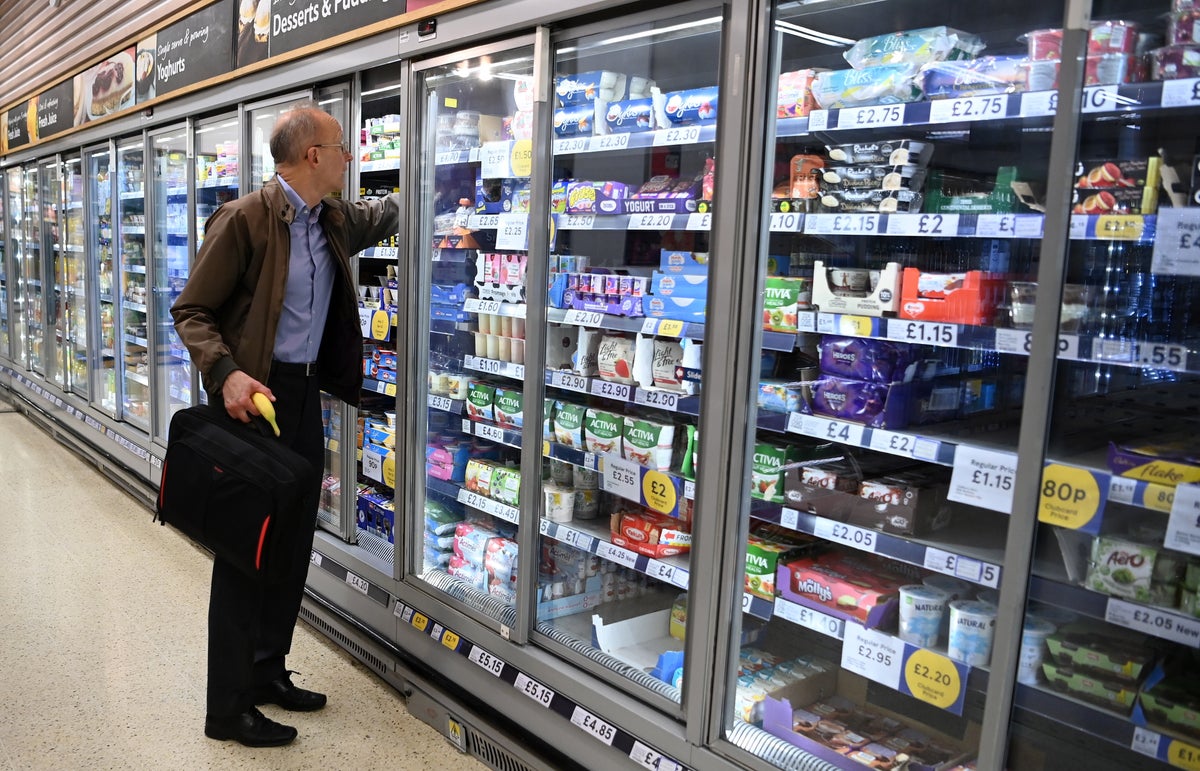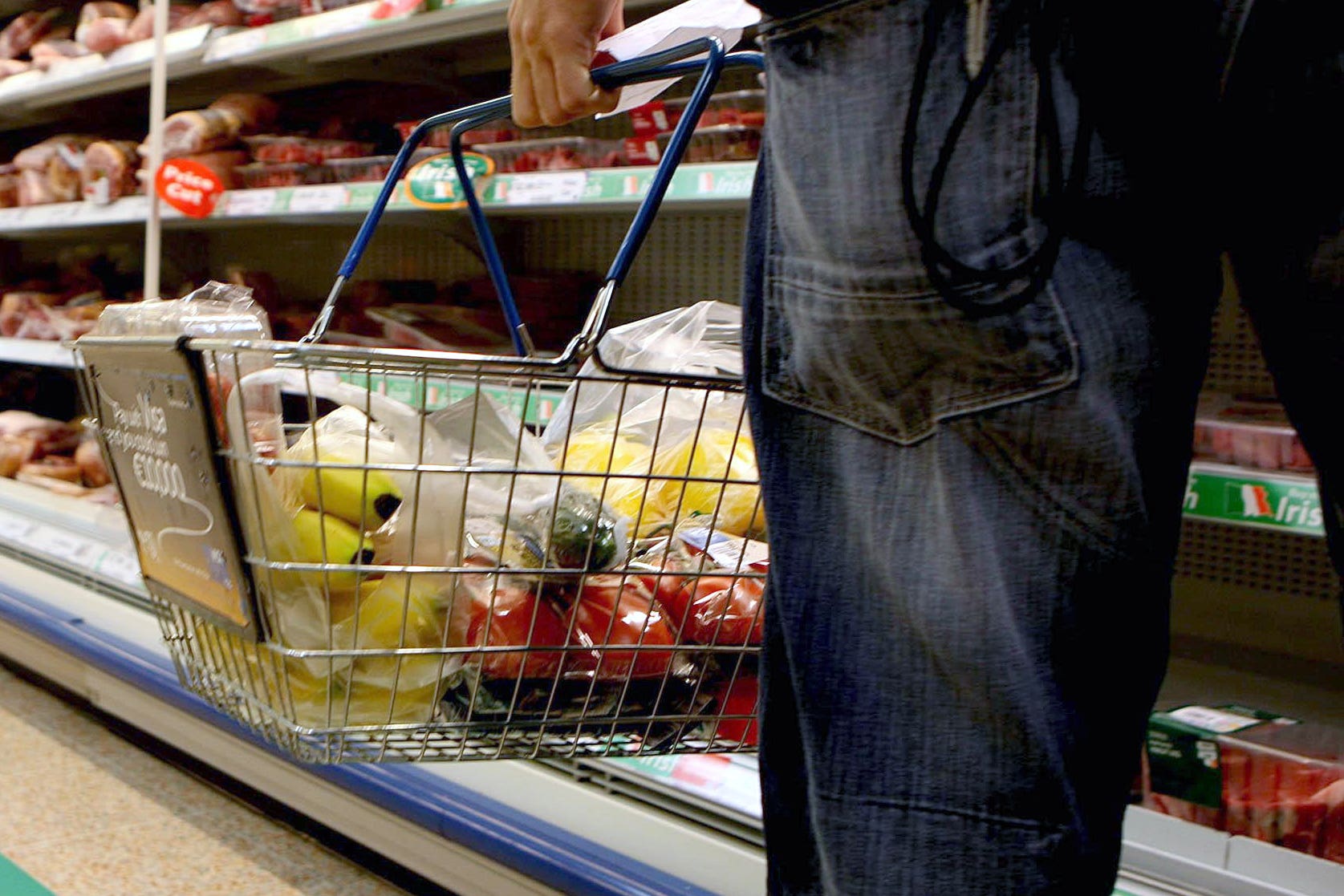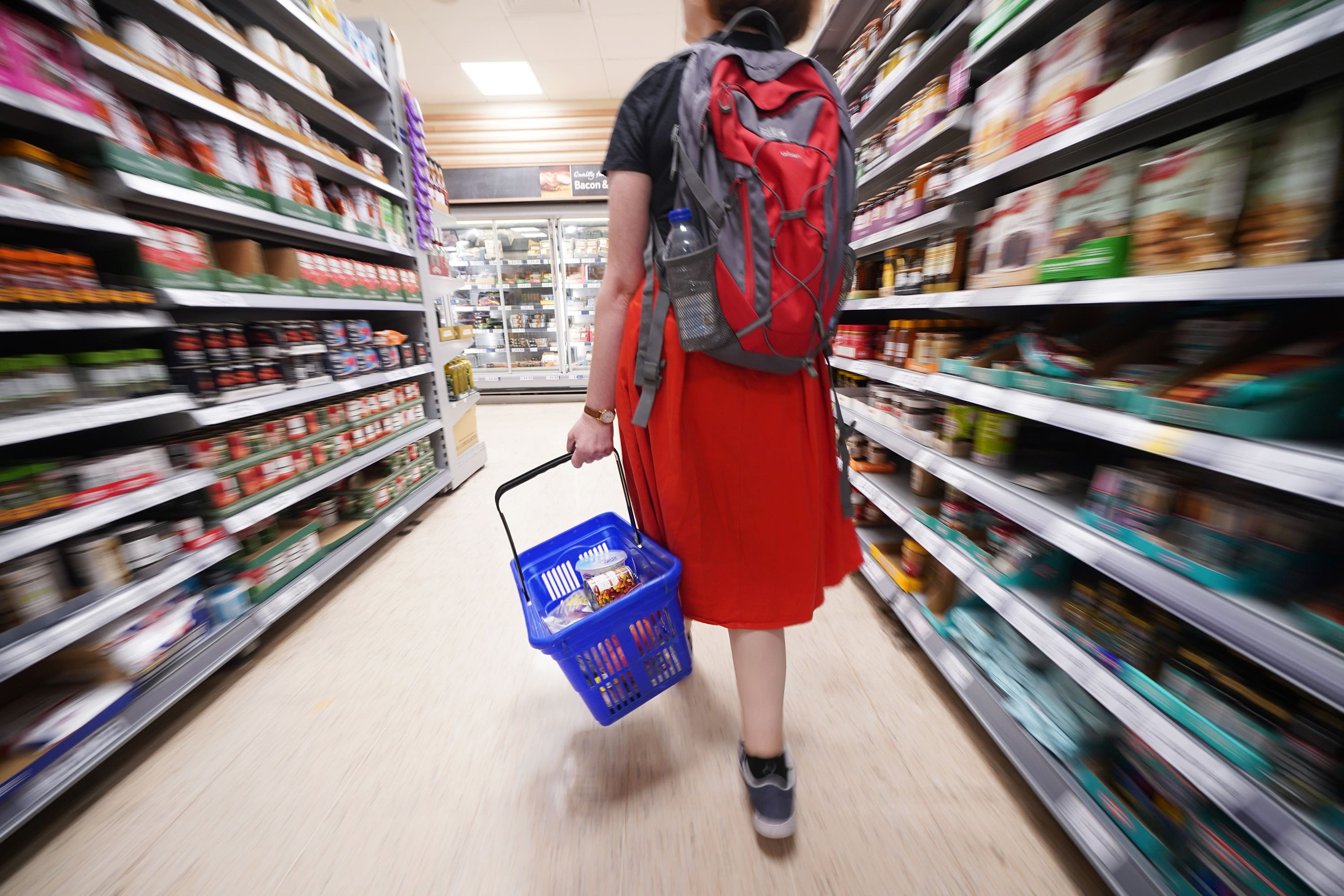
Tesco boss Ken Murphy claims he is “optimistic” that food prices could soon start to fall as Britons continue to struggle against spiralling costs.
The price of food and non-alcoholic drinks rose at the second highest rate in 45 years in the year to April 2023, according to the Office for National Statistics (ONS). Food inflation reached 19.3 per cent in April, which is slightly down from 19.6 per cent in March.
A rate of 19.3 per cent means that something that cost £1 a year ago is now likely to be almost 20p more expensive.
Bank of England governor Andrew Bailey told the Lords Economic Affairs Committee that food price inflation peaked last summer but it has taken longer than expected to be felt by consumers.
But Mr Murphy said that although customers “continue to face significant cost-of-living pressures”, food inflation will continue to fall.
“We are very conscious that many of our customers continue to face significant cost-of-living pressures and we have led the way in cutting prices on everyday essential items.
“There are encouraging early signs that inflation is starting to ease across the market and we will keep working tirelessly to ensure customers receive the best possible value at Tesco.”
His comments come as Tesco, the largest supermarket chain in the UK, reported total sales of £14.8 billion for the 13 weeks to May 27, with a like-for-like sales increase of 8.2 per cent against the same period last year.
Its UK division saw a like-for-like sales rise of 9 per cent after it said it saw benefits from customers switching “from premium retailers” amid pressure on consumer budgets.

Food prices have risen worldwide due to a variety of factors, such as the impacts of the war in Ukraine and Brexit.
The food and logistics industry also warned that post-Brexit controls due to be introduced next January could hit UK consumers by driving up the price of food and risking supply-chain disruption, the Financial Times reports.

Some have also accused supermarkets of profiteering and according to Swati Dhingra, who works on the Bank of England Monetary Policy Committee, retailers are not passing falls in prices onto customers.
Although, she said this doesn’t mean they are necessarily profiteering – as analysis of six major UK supermarkets, which make up three-quarters of the UK grocery market found their profits are not rebounding as expected, the Evening Standard reports.
Some staple foods such as cheese, white bread and pork sausages have risen by 80 per cent in price in some shops over the past year, which is eight times the rate of inflation.
Other foods in recent months have risen such as sugar which has increased by 42.1 per cent and sauces, condiments, salt, spices and herbs are up by 33.7 per cent.
According to National World, the UK is now the worst-affected major European economy when it comes to food prices according to the latest set of international Consumer Price Index (CPI) data for April 2023.
However, even though other major European economies, such as Germany which saw inflation surge at the beginning of this year, have now seen a fall in food prices, data suggest consumers are still being hit hard.







